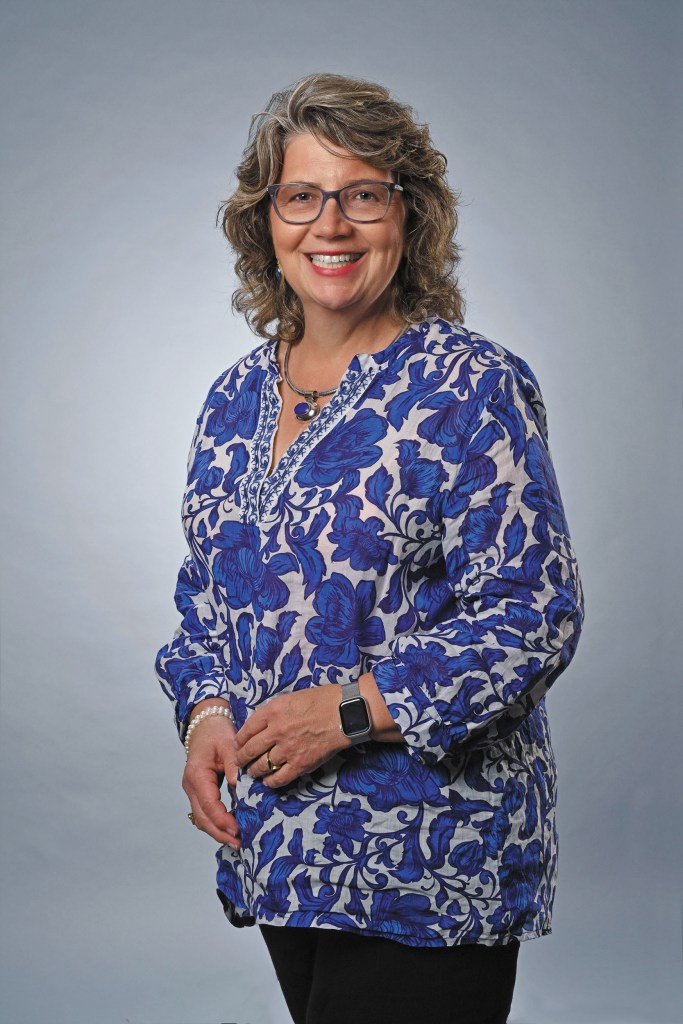Mile Markers: A 3-Year Plan to Validate a New Producer

By: AnneMarie McPherson Spears
As seasoned producers reach retirement age, investment in new ones is crucial for agencies that are looking to grow. A strategic model for helping new producers validate, which is when an agent’s production as measured by commission is equal to the cost of paying them, is a key way agencies can ensure that investment pays off.
How long should it take for a producer to validate? As with all things insurance, it depends.
“Not only does it depend on the compensation model, it also depends on the investment in the producer—and compensation’s only one investment,” says Susan Toussaint, vice president, ReSource Pro. “If we’re talking about a brand-new producer who is new to the industry and new to selling, it’ll probably take a full three years if the agency is investing in a curriculum of training that builds business acumen, insurance and technical acumen, and selling skills.”
Here’s a template schedule that Toussaint recommends for a three-year plan to validate new producers:
Month 1: Understand systems. “If you want people to put their pipeline in a customer relationship manager (CRM), teach them how to use it now,” Toussaint says. “I can’t tell you how many people I’ve worked with that have been in an agency for years and tell me, ‘I don’t know how to use the CRM, so I’m still keeping everything in a Word document.”
All producers should be trained on all systems—the agency management system and any sales tools—and have them mastered early.
Months 1-3: Understand departments and the agency. Alongside getting up to speed on systems, this step is particularly important if the producer is new to the industry. “Have them spend time with their account managers and with folks that handle claims,” Toussaint says.
It’s also important to have the new producer meet producers in different lines. “For instance, if they’re property & casualty, have them spend time with an employee benefits producer to better understand what cross-selling questions to ask,” she explains.
Months 4-5: Develop a top 100 list. The list of prospects “should be very clear on who they’re going to target so they can begin to intentionally grow their book of business,” Toussaint says. “It’s going to help them better understand how that agency is best suited to work with those types of risks as well.”
Months 6-12: Execute on the list. The new producer should start “making phone calls, doing drop-ins, sending information and doing research,” she says. By the one-year mark, they “should be able to competently execute a sales process.”
Thanks to a chosen specialization, the new producer should reach the point “where you could ask them at a sales meeting to teach back a topic that aligns with the industry they’re focusing on,” Toussaint says. “They should have built enough at-bats and done enough research to be comfortable talking about certain risks in their specialization.”
Months 13-24: Build a second niche. While it may be unrealistic for a new producer to only focus on business in their niches, “it should mean they are intentional about driving business to the agency in their particular niches,” Toussaint says. “Maybe in year one, they’re focused on construction. In year two, they decide they also want to specialize in manufacturing. So now they’re working on building the technical acumen that supports a manufacturing book of business, building a pipeline that supports both construction and manufacturing, and further narrowing down into those two niches.”
Months 25-36: Follow their business plan. “They should be off to the races in year three,” Toussaint says. A good way to solidify a producer’s training is to offer them opportunities to show even newer producers the ropes. “They should be able to show someone else how to do the job completely,” she says. “They should have enough repetitive experience in doing a submission, cold calling, using the CRM.”
At this point in the journey, “they should be clear about who they want to be, and use their business plan to get there,” she says.
AnneMarie McPherson Spears is IA news editor.










